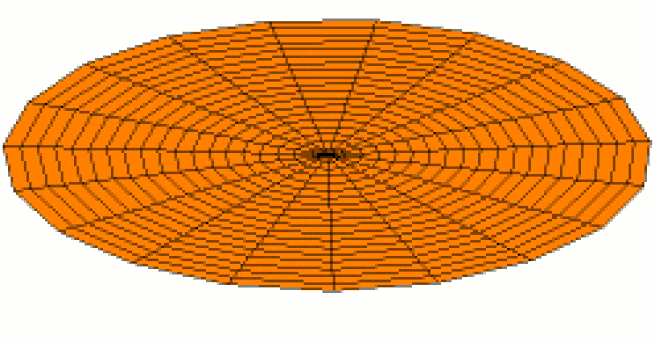
Main Difference
The main difference between Vibration and Oscillation is that the Vibration is a mechanical phenomenon whereby oscillations occur about an equilibrium point; precisely used to describe mechanical oscillation and Oscillation is a repetitive variation of some measure about a central value.
-
Vibration
Vibration is a mechanical phenomenon whereby oscillations occur about an equilibrium point. The word comes from Latin vibrationem (“shaking, brandishing”). The oscillations may be periodic, such as the motion of a pendulum—or random, such as the movement of a tire on a gravel road.
Vibration can be desirable: for example, the motion of a tuning fork, the reed in a woodwind instrument or harmonica, a mobile phone, or the cone of a loudspeaker.
In many cases, however, vibration is undesirable, wasting energy and creating unwanted sound. For example, the vibrational motions of engines, electric motors, or any mechanical device in operation are typically unwanted. Such vibrations could be caused by imbalances in the rotating parts, uneven friction, or the meshing of gear teeth. Careful designs usually minimize unwanted vibrations.
The studies of sound and vibration are closely related. Sound, or pressure waves, are generated by vibrating structures (e.g. vocal cords); these pressure waves can also induce the vibration of structures (e.g. ear drum). Hence, attempts to reduce noise are often related to issues of vibration.
-
Oscillation
Oscillation is the repetitive variation, typically in time, of some measure about a central value (often a point of equilibrium) or between two or more different states. The term vibration is precisely used to describe mechanical oscillation. Familiar examples of oscillation include a swinging pendulum and alternating current.
Oscillations occur not only in mechanical systems but also in dynamic systems in virtually every area of science: for example the beating of the human heart (for circulation), business cycles in economics, predator–prey population cycles in ecology, geothermal geysers in geology, vibration of strings in guitar and other string instruments, periodic firing of nerve cells in the brain, and the periodic swelling of Cepheid variable stars in astronomy.
-
Vibration (noun)
The act of vibrating or the condition of being vibrated.
-
Vibration (noun)
Any periodic process, especially a rapid linear motion of a body about an equilibrium position.
-
Vibration (noun)
A single complete vibrating motion.
-
Vibration (noun)
An instinctively sensed emotional aura or atmosphere; vibes.
-
Oscillation (noun)
the act of oscillating or the state of being oscillated
-
Oscillation (noun)
a regular periodic fluctuation in value about some mean
-
Oscillation (noun)
a single such cycle
-
Oscillation (noun)
defined for each point x in the domain of the function by infleft{mathrm{diam}(f(U))mid Umathrm{ is a neighborhood of }xright}, and describes the difference (possibly ∞) between the limit superior and limit inferior of the function near that point.
